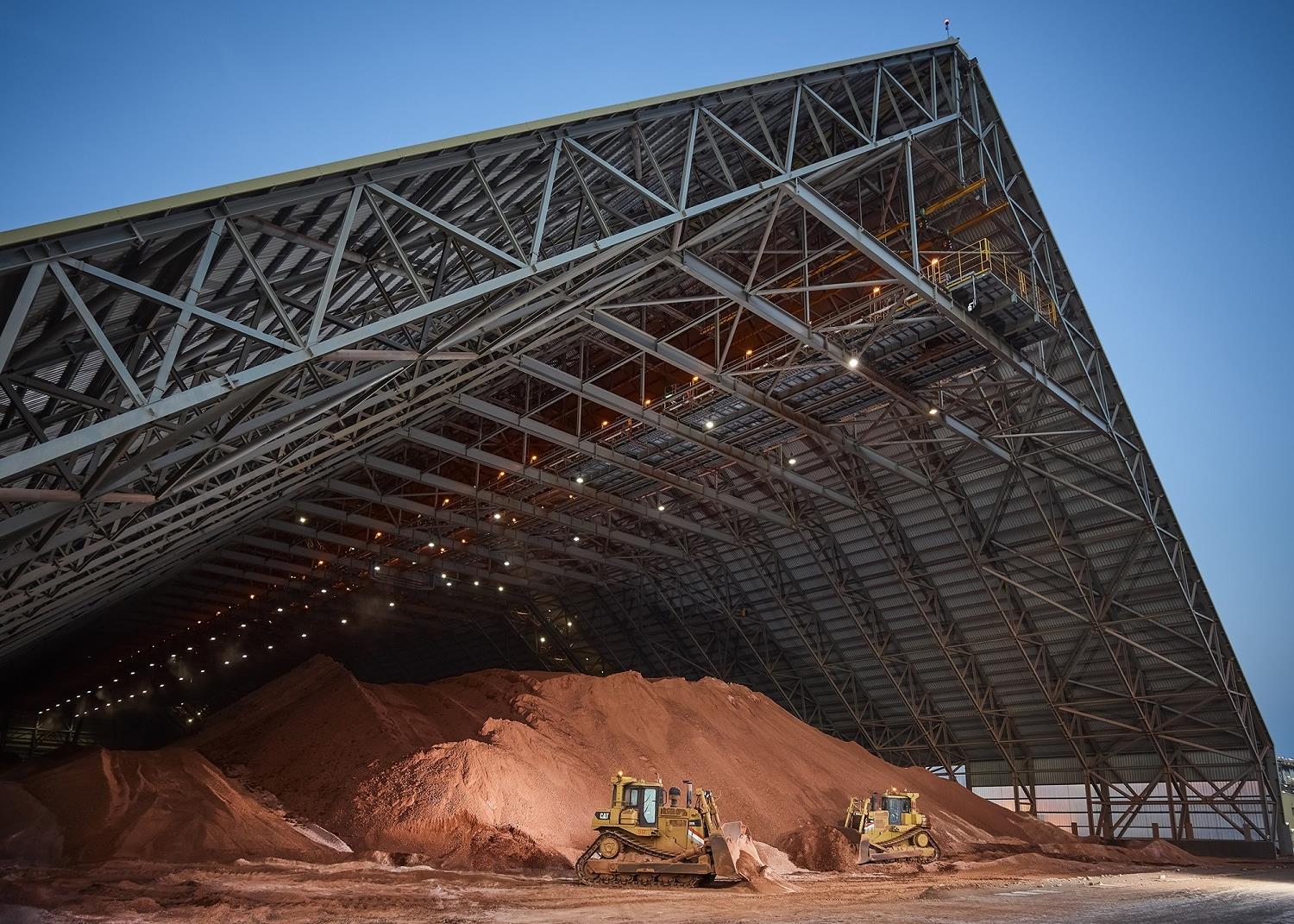
US property tycoon Donald Trump waxes lyrical when he speaks about real estate: 'It's tangible, it's solid, it's beautiful. It's artistic from my standpoint. I just love real estate.' And he should know. In October, he took his experience to the Middle East, where the joint venture agreement between The Trump Organisation and Dubai-based Nakheel, the developer behind the Palm islands, highlights the extent to which real estate has become integral to the regional economic boom. From the Atlantic to the Indian Ocean, the Arab world enjoyed an unprecedented level of interest and investment in real estate throughout 2005. December alone saw the launch of almost $40,000 million worth of projects across the region, including Saudi Arabia's largest private sector property investment, the $27,000 million King Abdullah Economic City (see table). The project's developer, Dubai-based Emaar Properties, was among a host of real estate companies to witness spectacular stock market gains last year. And with the market maturing, several real estate funds, primarily Islamic in structure, were also launched. Bahrain's Addax Investment Bank was among them, unveiling in December a $1,000 million sharia-compliant fund with Singapore-based The Ascott Group to purchase properties across the Middle East and North Africa. The burgeoning real estate market is underpinned by high liquidity created by the past 12 months' record crude oil prices. The trend is set to continue, with the average oil price expected to hover around $50 a barrel in the coming year. Naturally, the Gulf has been the prime beneficiary of the surplus cash. And with limited options and a relaxation in property ownership laws, investors have ploughed their cash into capital markets and real estate. Analysts are predicting a correction in regional stock markets this year. However, real estate is expected to remain hot, particularly as Gulf investors look beyond the GCC where land prices have remained relatively attractive. 'More money, which was generated in the stock markets, will now head for the property market as investors look to preserve their capital,' says a Dubai-based banker. Dubai leads the wayIn the Gulf, the trends from country to country are similar, although at varying stages of development. Dubai is arguably the most advanced. The emirate is entering its third year since opening the market up to expatriates and is now facing its most serious tests. One of the most important issues remains the question of freehold property ownership. Since 2003, the emirate has promised foreign buyers that they will be allowed to own properties in specific developments. Until now the law remains in the pipeline, a factor that is beginning to harm confidence in the market. 'There is still no freehold law in place,' says Peter Riddoch, chief executive officer of Dubai-based developer Damac Properties. 'People are fed up waiting. We need something soon.'
You might also like...

Alstom wins Jeddah airport deal
18 April 2024

Chinese contractor to build 86-storey tower in Dubai
18 April 2024

Japan and UAE to explore clean energy cooperation
18 April 2024

Contract awarded for Algeria steel project
18 April 2024
A MEED Subscription...
Subscribe or upgrade your current MEED.com package to support your strategic planning with the MENA region’s best source of business information. Proceed to our online shop below to find out more about the features in each package.








